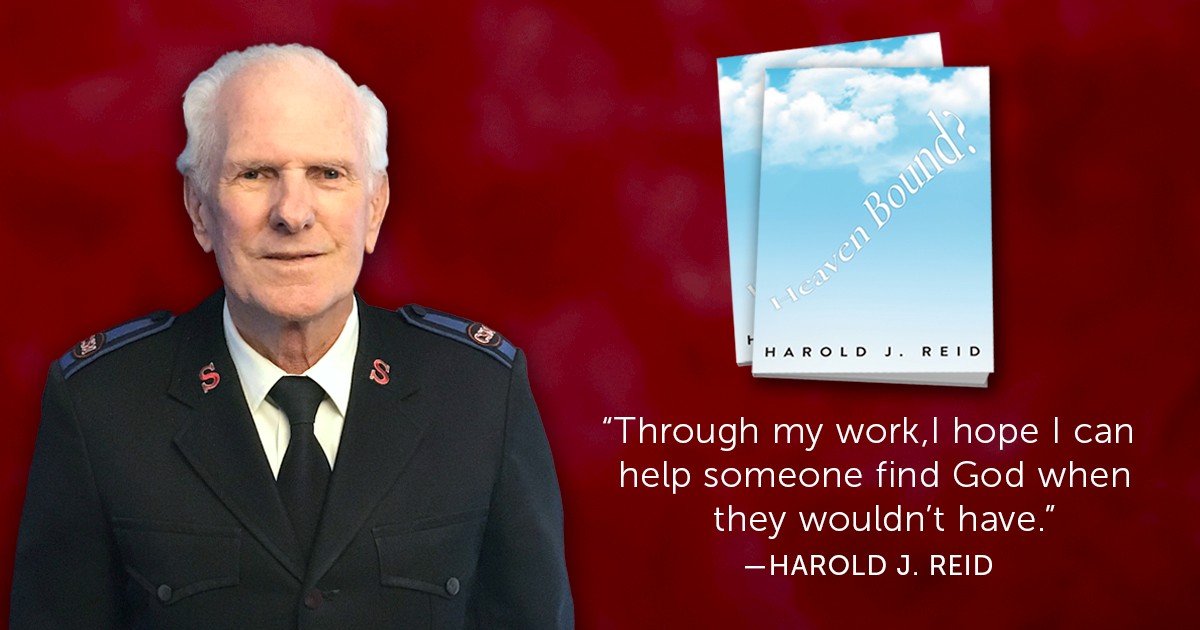As we continue our spiritual life series, we focus on the fourth element of our CHRIST-centred, OTHERS-focused framework: I for inward change—the process and work of salvation in a disciple’s life.
So far in this series, we’ve explored the fact that Scripture points us to—and locates us within—a Christ-centred story. The God we worship has uniquely revealed himself to us in the person of Jesus Christ. And through him we have been offered—and can experience—full redemption: the forgiveness of sins. God offers this freely to us through Jesus.
He accepts us as we are, but he loves us too much to leave us there. This is a life-changing encounter.
It’s not surprising that many people in the world object to the proclamation that salvation is found in no one else but Jesus. It is surprising to find within the church the sentiment that while forgiveness is available, true change and transformation is doubtful.
The experience of many today may not be as radical as stories from our early Salvationist heritage—drunkards stumbling into an open-air meeting, falling prostrate in penitence, kneeling at a makeshift bass drum mercy seat, laying their all at the foot of the cross of Jesus and rising sober to never look back.
But the promise holds true: the gift of salvation is more than just a “get out of jail free” card. Paul writes to the Corinthians: “Therefore, if anyone is in Christ, the new creation has come. The old has gone, the new is here! All this is from God, who reconciled us to himself through Christ and gave us the ministry of reconciliation” (2 Corinthians 5:17-18).
Inward change is possible. And it’s at the heart of our witness to and experience of the gospel. This is expressed in our doctrines—declarations that can, and should, be more than just abstract theological claims. Statements of faith ought to inform and shape lived experience. “We believe that repentance toward God, faith in our Lord Jesus Christ and regeneration by the Holy Spirit, are necessary to salvation” (Doctrine 7).
Maybe doubts result from getting too caught up in simply turning from sin, and not caught up enough in turning toward a holy and merciful God, who, as Charles Wesley wrote, “breaks the power of canceled sin [and] sets the prisoner free.” Helen Howarth Lemmel’s familiar chorus reminds us: “Turn your eyes upon Jesus, look full in his wonderful face, and the things of earth will grow strangely dim, in the light of his glory and grace.”
Maybe doubts of transformation come because we are too self-reliant in living out our faith, depending on ourselves to muster enough strength, rather than relying upon the work accomplished for us in Christ, and in us by his Spirit. “Work hard to show the results of your salvation, obeying God with deep reverence and fear. For God is working in you, giving you the desire and the power to do what pleases him” (Philippians 2:12-3 NLT).
Maybe re-creation is questioned because we don’t fully surrender ourselves to being brought to new life in a way that only the Spirit of Christ can.
Did you know that North American tree frogs freeze each winter to the point of flatlining, only to be brought back to life—from the inside out—each spring? Perhaps God has given us a peek into the miracle of new spiritual life through something as odd and as ordinary as a common frog.
“We believe that we are justified by grace through faith in our Lord Jesus Christ and that he that believeth hath the witness in himself” (Doctrine 8). When we’re truly brought back into a right relationship with God through faith in Christ, God’s Spirit assures us of our salvation, and our identity as a new creation will begin to increasingly show.
Inward change is not only possible, it’s necessary. “We believe that continuance in a state of salvation depends on continued obedient faith in Christ” (Doctrine 9).
In their book, ReJesus: A Wild Messiah for a Missional Church, Michael Frost and Alan Hirsch explain that obedient faith is actually a demonstration of our love and gratitude to God as we grow in depth of relationship with him, not just bringing ourselves in line: “The command to obey is not because God wants to have it over us, but because … it always covers knowledge of God that cannot be gained by any other means.”
“For you were once darkness, but now you are light in the Lord. Live as children of light” (Ephesians 5:8). Once you were, now you are. Live in the new now—inwardly changed, outwardly visible.
Kevin Slous is the territorial secretary for spiritual life development.
Photo: enterlinedesign/Lightstock.com










Leave a Comment